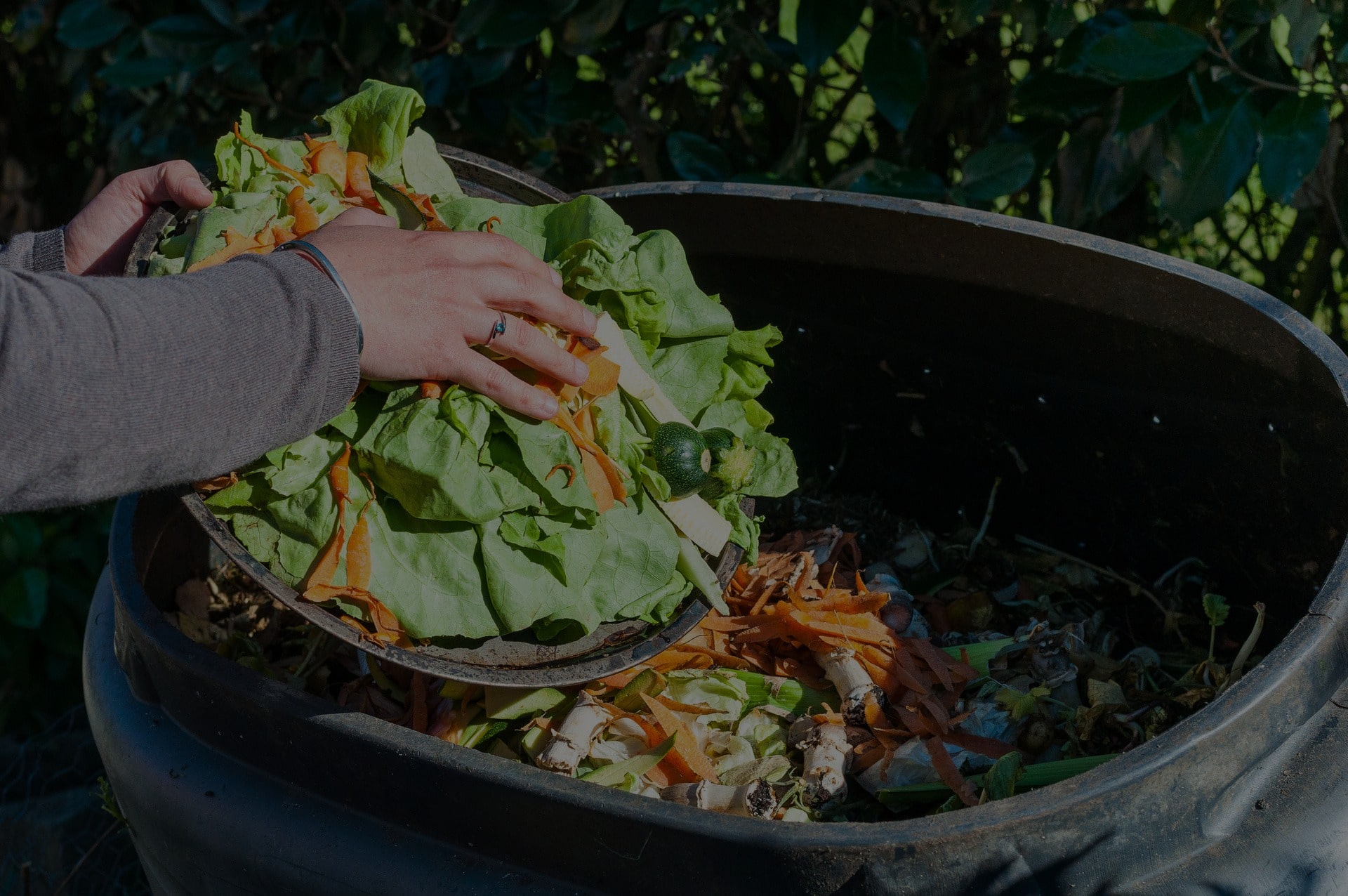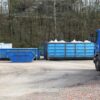Addressing Commercial Food Waste –
Florida is renowned for its beautiful landscapes, rich agricultural heritage, and thriving hospitality industry. However, it also faces the challenge of food waste, particularly in the commercial sector. In recognition of the environmental and economic impact of food waste, the state government of Florida has taken significant steps to address this issue. As Ready2Go Dumpsters, a leading dumpster rental company in Florida, we’ll explore the policies and programs that the state government has implemented to tackle commercial food waste.
The Scale of Commercial Food Waste
Food waste is a pressing issue in the United States, and Florida is no exception. According to the Environmental Protection Agency (EPA), approximately 30-40% of the food supply in the U.S. goes to waste each year, with the commercial sector playing a significant role. Restaurants, hotels, grocery stores, and catering services all contribute to this challenge.
Environmental and Economic Impact
The consequences of commercial food waste are twofold:
1. Environmental Impact: Food waste that ends up in landfills decomposes and produces methane, a potent greenhouse gas that contributes to climate change. Furthermore, the production and transportation of uneaten food consume valuable resources like water, land, and energy, which could be used more efficiently.
2. Economic Costs: Food waste represents a direct financial loss to businesses. The costs associated with purchasing, preparing, and storing food that ultimately goes to waste directly impact a business’s profitability. Additionally, waste management costs are on the rise, putting pressure on businesses that do not implement effective food waste reduction strategies.
Government Policies and Programs
The government of Florida has recognized the need to address commercial food waste and has implemented several policies and programs to combat this issue:
1. The Good Samaritan Food Donation Act: Florida has adopted federal legislation known as the Good Samaritan Food Donation Act. This act encourages food donation by offering legal liability protection for individuals, restaurants, and businesses donating food in good faith to nonprofit organizations. It provides a strong incentive for businesses to participate in food donation programs without fear of legal repercussions.
2. The Food Recovery Hierarchy: The Florida Department of Environmental Protection (DEP) has adopted the Food Recovery Hierarchy. This guideline encourages businesses and organizations to prioritize food waste reduction and recovery methods, including source reduction, food donation, and composting, to divert food from landfills.
3. Surplus Food Donation Programs: The Florida government supports and promotes surplus food donation programs that encourage businesses to donate edible surplus food to local food banks, shelters, and nonprofit organizations. These programs play a critical role in addressing food insecurity while reducing food waste.
4. Food Recycling and Composting Initiatives: The Florida DEP is actively involved in promoting food recycling and composting initiatives. By diverting organic waste from landfills and redirecting it towards composting, the state aims to reduce the environmental impact of food waste and encourage sustainable practices.
5. Regulations for Food Establishments: Florida’s state government has established regulations under Chapter 381 of the Florida Statutes related to food establishments, food safety, and health standards. These regulations include provisions for the safe handling, storage, and disposal of food. They emphasize the importance of food safety and public health in commercial food establishments.
6. Waste Reduction Programs: Florida has set ambitious waste reduction goals and has developed programs that encourage businesses to reduce waste, including food waste. These initiatives align with the state’s commitment to minimizing the environmental impact of waste.
7. Data Collection and Analysis: The state government actively collects data on food waste generation and conducts analyses to understand food waste trends. This information helps inform the development of targeted strategies to reduce waste at its source.
Benefits of Government-Led Initiatives
The government’s involvement in addressing commercial food waste in Florida yields numerous benefits:
1. Environmental Impact: Government policies and programs contribute to reducing the environmental impact of food waste, particularly methane emissions from landfills.
2. Economic Savings: Effective waste reduction initiatives can lead to significant cost savings for businesses, reducing expenses related to over-purchasing and waste management.
3. Community Engagement: Programs supporting surplus food donation engage local communities and strengthen relationships between businesses and nonprofit organizations.
4. Regulatory Compliance: Adhering to government policies and programs ensures that businesses remain in compliance with relevant regulations, avoiding potential penalties and legal consequences.
5. Public Awareness: Government initiatives raise public awareness about food waste issues and the importance of responsible food management.
Challenges and Opportunities
While government-led initiatives have made significant strides in addressing commercial food waste in Florida, several challenges and opportunities remain:
– Implementation and Enforcement: Ensuring that businesses and organizations actively implement and comply with food waste reduction initiatives can be challenging.
– Public Education: Continuing to raise public awareness about food waste and engaging businesses, organizations, and individuals in the effort to reduce food waste is an ongoing opportunity.
– Technology and Innovation: Embracing innovative technology and solutions in food waste reduction is an opportunity for both businesses and the government.
The government of Florida is actively working to address commercial food waste through policies and programs that promote responsible food management and waste reduction. These efforts contribute to a more sustainable and environmentally conscious Florida, while also saving businesses money and supporting local communities.
At Ready2Go Dumpsters, we are committed to assisting businesses and organizations in their efforts to responsibly manage food waste, aligning with government policies and contributing to a more eco-friendly future for the Sunshine State. Together, we can continue building a more sustainable Florida that actively minimizes food waste and makes a positive impact on the environment and local communities. Contact us to learn more.






